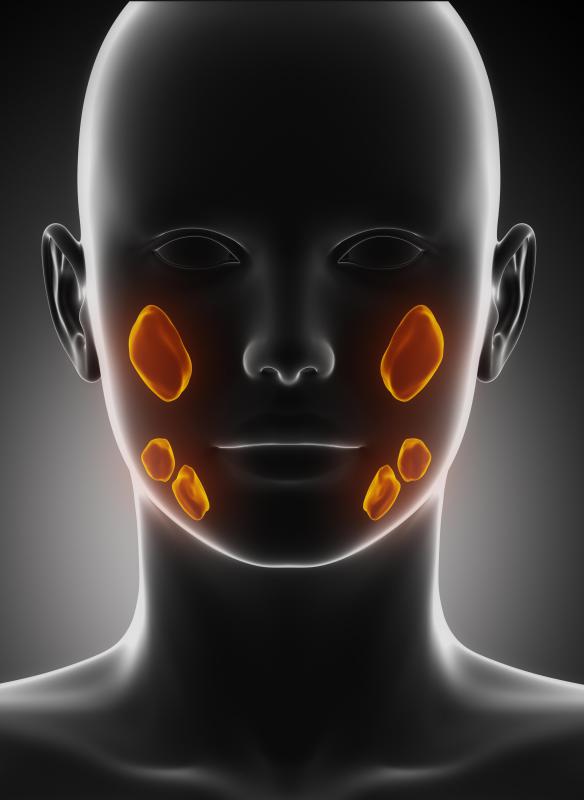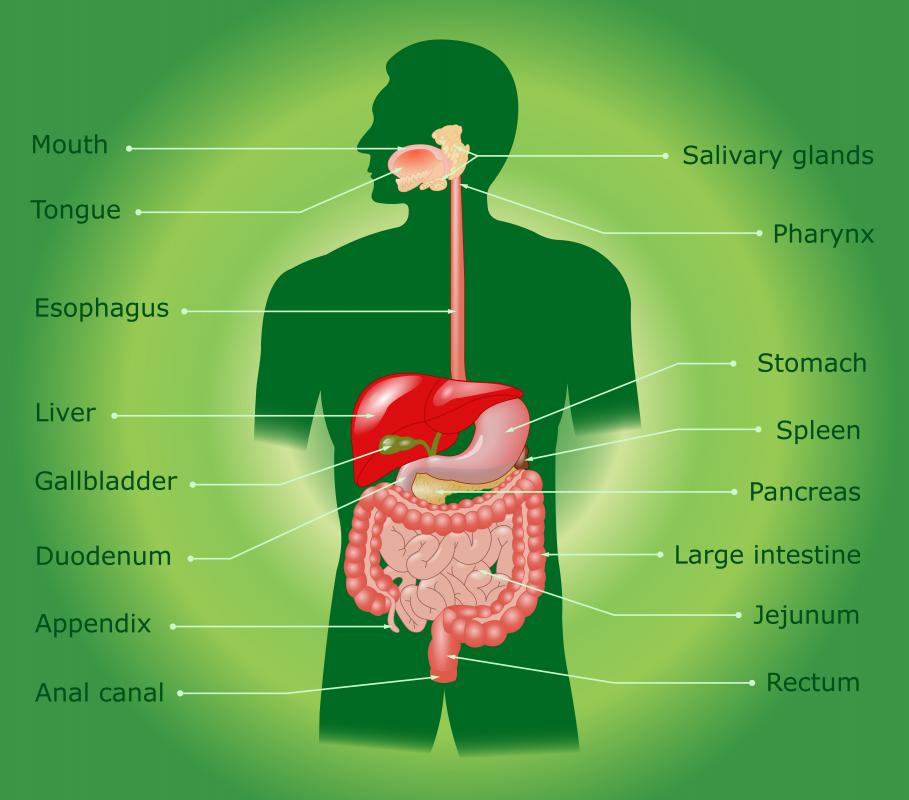At TheHealthBoard, we're committed to delivering accurate, trustworthy information. Our expert-authored content is rigorously fact-checked and sourced from credible authorities. Discover how we uphold the highest standards in providing you with reliable knowledge.
What are Salivary Gland Stones?
Salivary gland stones, also called sialoliths, are glandular deposits made of carbon, calcium phosphate, and other minerals. The stones cause a build up of saliva in the gland, resulting in pain and swelling, which typically worsens at mealtime. The stagnant saliva filling the blocked gland can also result in infection. Salivary gland stones are most prominent in adults and affect men more frequently than women.
Research has not indicated the exact cause of this condition. However, some scientists have noticed that certain medicines, glandular irritations, and inflammation increase the likelihood of developing the stones. Consequently, individuals who are suffering from ailments such as gout are more prone to salivary gland stones. In addition, people who are elderly or are affected by kidney disease are at risk for the stones. If someone has had radiotherapy in the neck or head area or has suffered another injury to the region, she may be affected by the stones as well.

The primary symptom of this condition is the pain and swelling in the salivary gland. Typically, the swelling and pain will worsen when the person eats. The pain is the result of a build up of saliva in the gland, behind the stone. If left untreated, blockage in the salivary glands may cause an infection and damage the tissue of the gland.

Usually, a medical doctor or dentist may perform a physical examination of the gland to see if it is blocked. She may actually attempt to extract saliva from the gland manually, by applying pressure to the gland with her finger. If saliva is not released, she may order additional tests. In most cases, the stones are identified through an x-ray, a computed tomography scan (CT scan), or in some cases an ultrasound may be recommended.

Generally, salivary gland stones will continue to block the gland until they are removed. Removal can be done surgically for deeply embedded stones. Once the stones are removed, the pain will be alleviated. It is not unusual for an infection to be present as well. The infection may be treated with a round of antibiotics.
Since scientists are unsure what causes these stones, there are few prevention tips. In general, doctors believe that keeping well hydrated may keep stones away. They believe that fluids may prevent the minerals of the body from forming stones, especially in hot or arid climates. As with any medical ailment, a person experience swelling or pain in the salivary glands should consult a doctor. Quick treatment can reduce the likelihood of infection or the need for surgery.
AS FEATURED ON:
AS FEATURED ON:













Discussion Comments
So that's what salivary gland stones are. I know people who have had them, but never knew exactly what they were. When a person feels a knot or lump like that, the first thought is often cancer. My neighbor self diagnosed herself as having lymph node cancer when she actually had one of these stones.
I had these stones years ago and I had no idea what they were. I even went to my dentist, and he told me that people get them from time to time, but they usually go away. I don't know whether it was because he wasn't very experienced or because not as much was know about salivary stones back then, but he didn't know what they were called or what caused them.
He was right about them going away. However, they were there for several months. He also said some people had to have surgery to have them removed. I was not looking forward to that.
One of the women I work with suffers from depression. This is something she has been living with since her late teens. She is in her late 40s now, and she says she has learned to deal with her symptoms of depression better now. Depression can cause a long list of physical ailments, but she tells me that she has a lot of oral issues that are associated with her depression.
And one of these issues is saliva production and salivary stones. After reading this article I can see the relationship between her depression and the salivary gland stones. She says she has a tough time getting out of bed sometimes, and she sometimes goes too long without eating and drinking. Because of this she gets dehydrated, and this is probably what causes the buildup in her salivary gland.
Post your comments